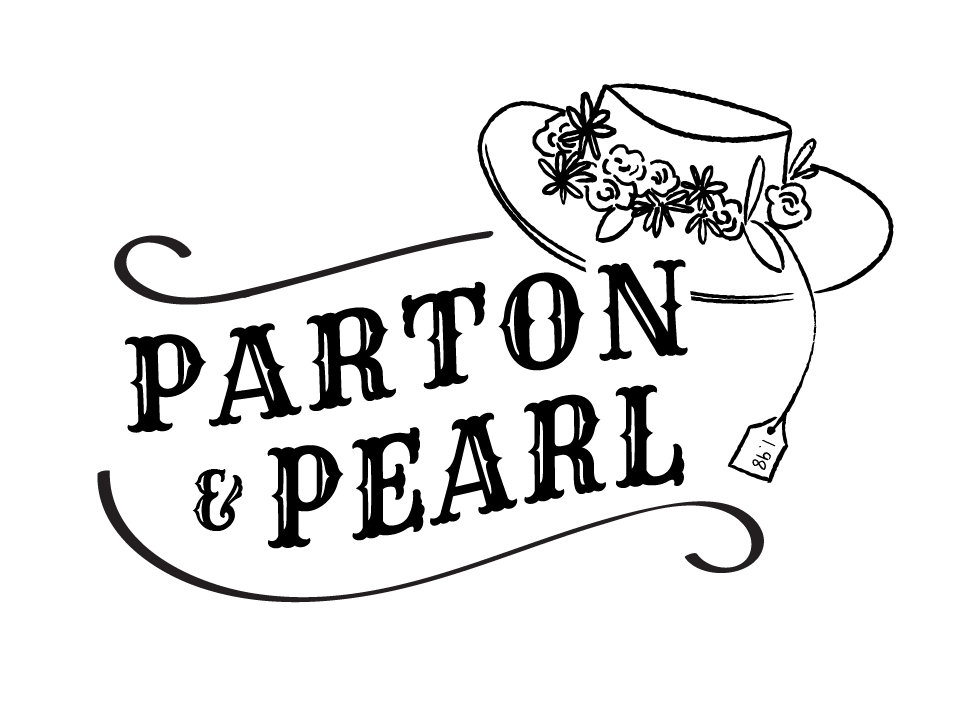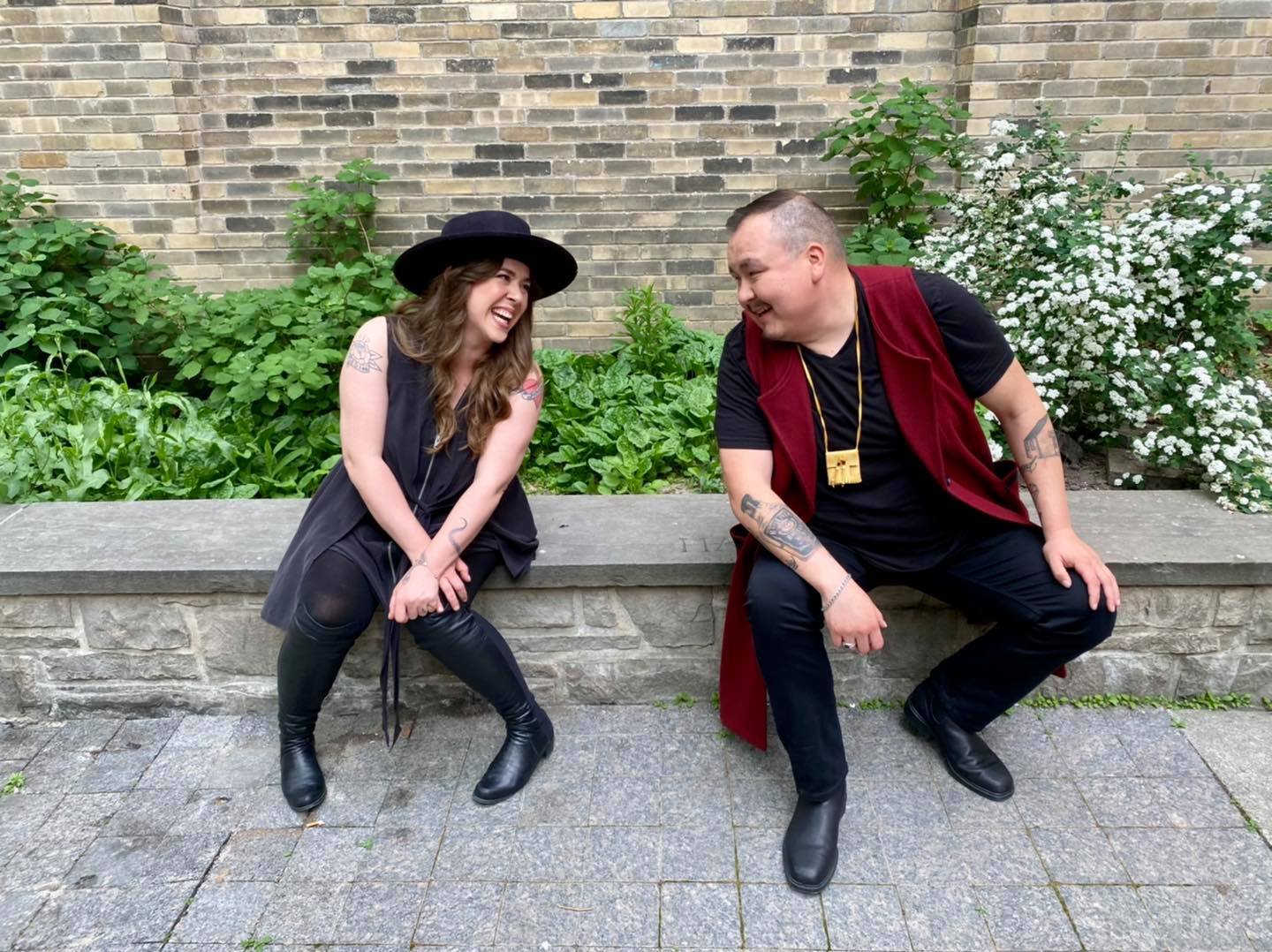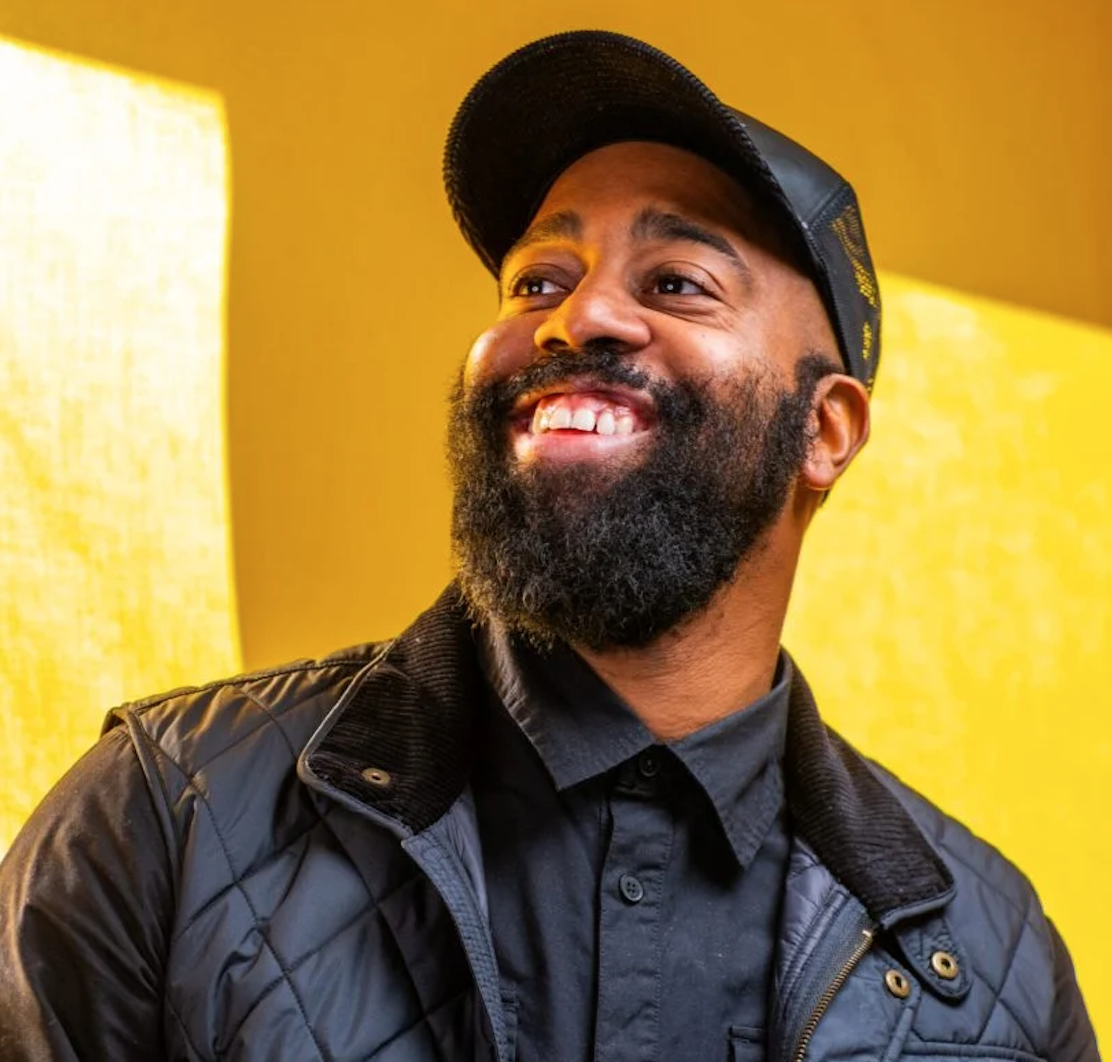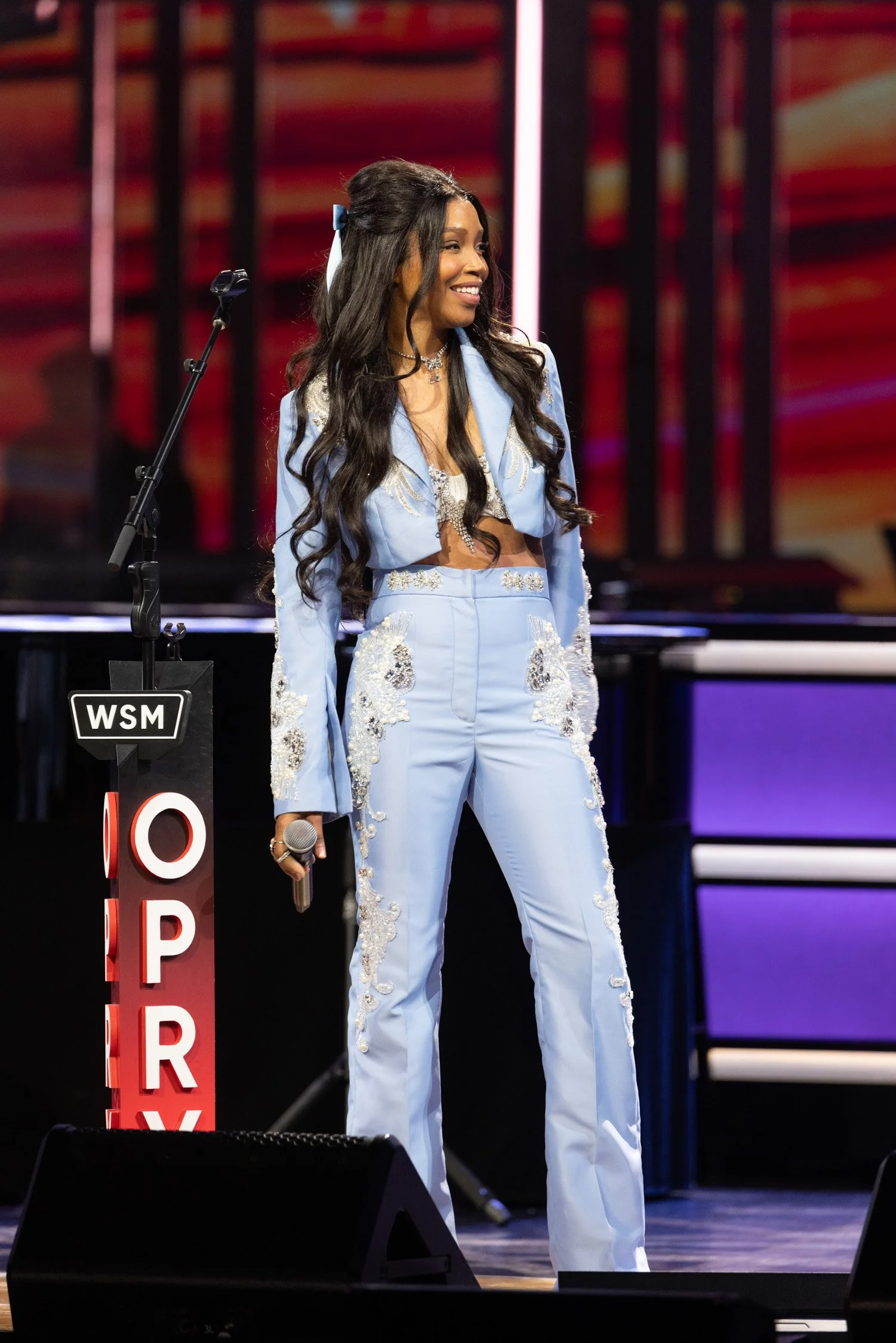Live Review: Serena Ryder and William Prince
Serena Ryder and William Prince shared the bill for a sold out show at Massey Hall in Toronto on April 1, 2022. Ryder and Prince seemed to be opposite ends of the spectrum–the small, quiet, domestic intimacy of Prince at his best, working against Ryder’s bouncing, rolling, amped up energy. However, they came together towards the end in an encore with both their bands, performing their new single, “Sing Me A Song,” and another track, as yet unreleased.
Technically, Indigenous singer-songwriter William Prince opened for Serena Ryder, but for the enthusiasm of the crowd and the skill of the performers, they seemed as much co-headliners as anything else. Prince has had a brilliant pandemic. He has released two strong albums, and has been doing weekly concerts over the net–and that, along with continued support from the CBC, has grown into a fanbase almost rabid enough to sell out Massey Hall (the show did sell out, I am not sure how much of it was Prince, and how much of it was Ryder).
I think Prince is a more sophisticated writer, and a more complex one, than sometimes his reputation suggests. The love songs he sings are tender, sweet, and wise. When he sang his ode to not wasting time to his son in the sixth row, looking straight at him, he achieved more emotional depth and resonance than I have seen in a room that big. His late singing of “The Spark,” after it had been called a few times, had a rueful, wandering tone, deepening a song that is already slippery to understand.
It suggests a strong prairie loyalty–his band was loose and affectionate, spending much of its time listening carefully to Prince. Sometimes the show felt more like being in a basement with my Albertan cousins than being at Massey Hall. Prince is a prairie artist, and an Indigenous one, a fact that he frequently pointed out in jokes and stories, including a moving one explaining the song ”Gospel First Nation”. Prince’s strongest track is imbued deeply with a sense of time and place, and I wanted more of its album 2020’s Gospel First Nation than this one song.
Maybe I was tired after a long day, but after the gentleness of Prince at his most intimate, I had a harder time with Ryder. Her connections with the audience was palatable, they followed her in singing along, in dancing in their seats, and listened raptly through both music and stories of her mental health crises and her newish sobriety. Her blues vocals sometimes seemed derivative, occasionally of Amy Winehouse; but they had a certain power. This was especially the case on the few occasions when she went from a very low register and pushed her voice to an explosion of melisma.
The end of the show, with Prince and Ryder working together, harmonies matching, low and sweet, was an excellent moment, one which suggests Ryder knows how to shape her instrument around other performers.
Emily Smart, who works Marketing and Publicity for Prince’s label Six Shooter, gave me a ride home.




Plus a bunch of news out of Saskatchewan all of a sudden!